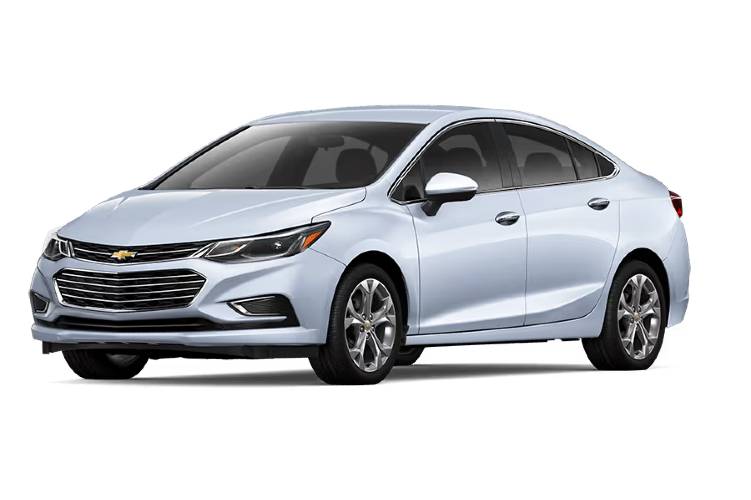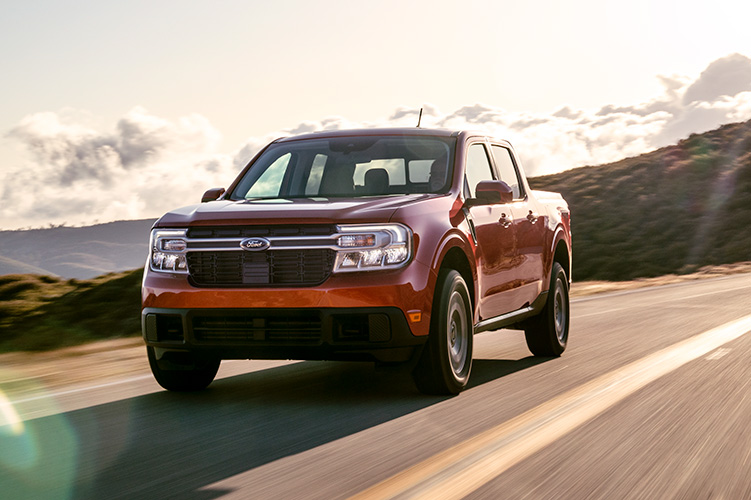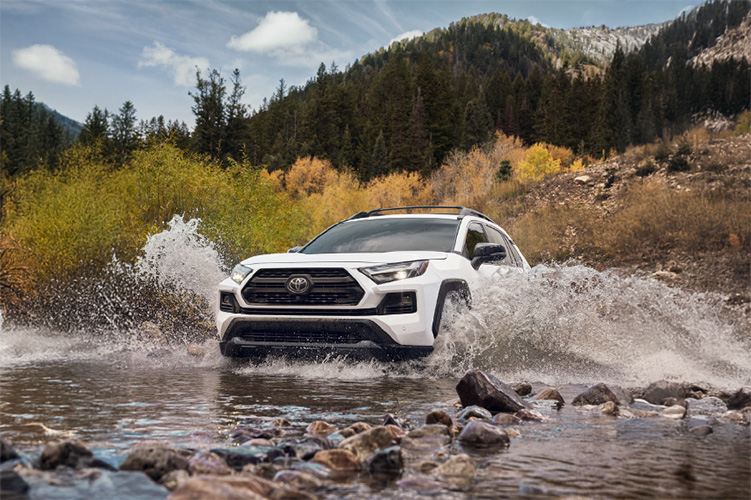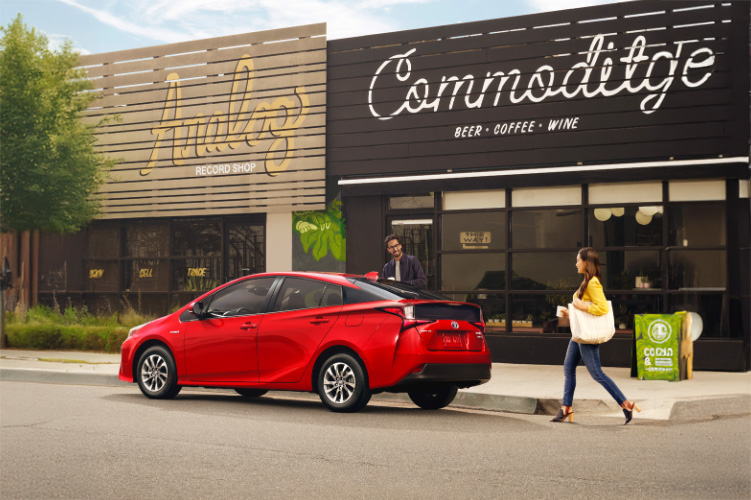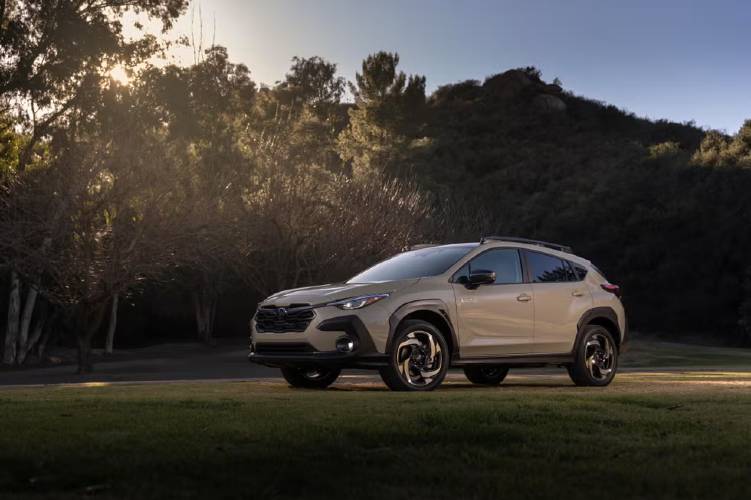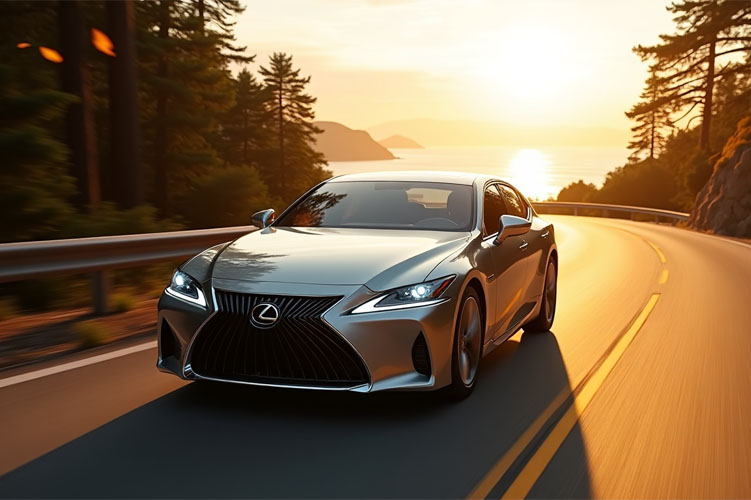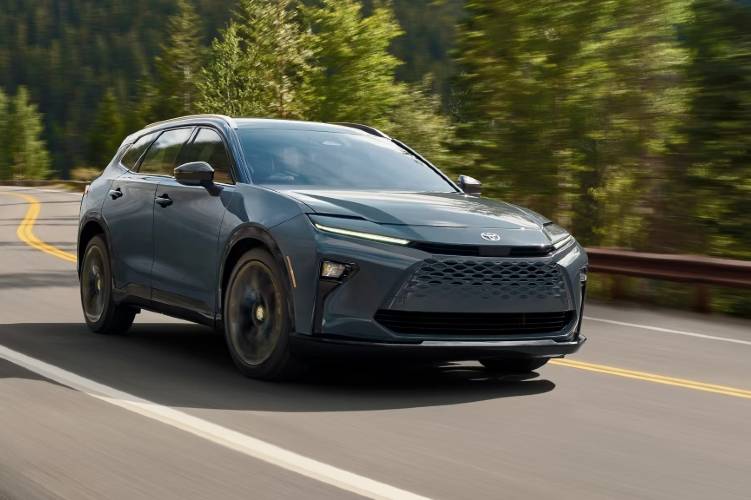Introduction: The Smart Shopper's Guide to Used Cars
As a seasoned automotive enthusiast and consumer advocate, I've witnessed countless individuals embark on the journey of purchasing a used car. It's a path filled with both excitement and trepidation, where the promise of a great deal meets the fear of potential pitfalls. In this comprehensive guide, we'll navigate the intricate landscape of the used car market, arming you with the knowledge and confidence to make an informed decision.
The used car market has evolved significantly over the years, offering a diverse array of options for budget-conscious buyers and those seeking specific features without the steep depreciation of a new vehicle. However, with this abundance of choices comes the need for a discerning eye and a strategic approach.
Throughout this article, we'll explore the top used cars of the year, delve into essential buying tips, and provide you with a roadmap to navigate dealerships, private party sales, and the often-daunting process of negotiation. By the time you finish reading, you'll be equipped with the tools to drive away in a reliable, value-packed vehicle that meets your needs and budget.
Top Used Cars of the Year: A Comprehensive List
When it comes to selecting a used car, certain models stand out for their reliability, value retention, and overall performance. Based on extensive research and consumer feedback, here's a curated list of top used cars that have consistently impressed buyers:
- Chevrolet Cruze 2017: A compact sedan that offers a balanced mix of efficiency and comfort.
- Hyundai Elantra 2019: Known for its stylish design and impressive warranty coverage.
- Honda HR-V 2018: A versatile subcompact SUV with Honda's renowned reliability.
- Toyota Corolla Hybrid 2021: An eco-friendly option with exceptional fuel economy.
- Kia Sportage 2021: A well-rounded compact SUV with a spacious interior.
- Toyota RAV4 Hybrid 2018: Combining SUV practicality with hybrid efficiency.
- Mazda CX-9 2020: A three-row SUV that doesn't compromise on driving dynamics.
- Buick Envision 2020: A luxury crossover offering premium features at a more accessible price point.
- Toyota Tacoma 2015: A midsize pickup known for its ruggedness and resale value.
- Mazda MX-5 Miata 2019: For those seeking a pure driving experience in a compact sports car.
Each of these vehicles offers unique strengths, catering to different lifestyles and preferences. When considering these options, it's crucial to align your choice with your specific needs, whether that's fuel efficiency, cargo space, or performance capabilities.
Essential Tips for Buying a Used Car
Navigating the used car market requires a blend of research, patience, and savvy decision-making. Here are some indispensable tips to guide you through the process:
- Set a realistic budget: Before diving into your search, establish a clear budget that accounts not only for the purchase price but also for ongoing costs such as insurance, maintenance, and fuel.
- Research thoroughly: Utilize resources like Kelley Blue Book, Consumer Reports, and online forums to gather information on potential models, their common issues, and fair market values.
- Check vehicle history: Always obtain a vehicle history report using services like Carfax or AutoCheck. This can reveal crucial information about past accidents, ownership history, and maintenance records.
- Consider certified pre-owned options: These vehicles often come with extended warranties and have undergone rigorous inspections, offering peace of mind at a premium.
- Don't rush the process: Take your time to compare multiple options and be prepared to walk away if a deal doesn't feel right. The right car at the right price is worth the wait.
By adhering to these guidelines, you'll position yourself to make a well-informed decision that balances your desires with practical considerations.
What to Look for When Inspecting a Used Car
When you've narrowed down your options and are ready to inspect potential purchases, pay close attention to the following areas:
Exterior Condition
- Look for signs of rust, especially around wheel wells and under the vehicle.
- Check panel gaps for consistency, as uneven spacing may indicate prior repairs.
- Inspect the paint for scratches, dents, or mismatched colors that could suggest repainting.
Interior Assessment
- Test all electronic features, including infotainment systems, power windows, and climate control.
- Look for excessive wear on the steering wheel, pedals, and driver's seat, which could indicate higher mileage than reported.
- Check for any unusual odors that might suggest water damage or other issues.
Under the Hood
- Look for signs of fluid leaks or corrosion.
- Check the condition of belts and hoses.
- Inspect the oil and transmission fluid for proper levels and cleanliness.
Mechanical Considerations
- Listen for unusual noises during startup and while driving.
- Pay attention to how the vehicle handles, brakes, and accelerates during the test drive.
- Have a trusted mechanic perform a pre-purchase inspection for a professional assessment.
By thoroughly examining these aspects, you'll gain valuable insights into the vehicle's overall condition and potential future maintenance needs.
Navigating the Dealership: Advice for Buying from a Dealer
Purchasing from a dealership can offer certain advantages, such as a wider selection and potential warranty options. However, it's essential to approach the experience with a strategic mindset:
- Do your homework: Research the market value of the vehicles you're interested in before visiting the dealership. This knowledge will be your strongest negotiating tool.
- Timing is key: Consider shopping towards the end of the month or quarter when salespeople may be more motivated to meet quotas.
- Focus on the total cost: Don't get caught up in monthly payment discussions until you've negotiated the total price of the vehicle.
- Be prepared to walk away: If you feel pressured or uncomfortable, don't hesitate to leave. There are always other options available.
- Read the fine print: Carefully review all paperwork before signing, paying special attention to any additional fees or charges.
Remember, the salesperson's job is to maximize profit for the dealership. Your job is to secure the best deal possible while ensuring you're getting a reliable vehicle that meets your needs.
Private Party Purchases: What to Do When Buying from an Individual
Buying from a private seller can often result in better prices, but it also comes with its own set of considerations:
- Meet in a safe, public location: For your initial meeting and inspection, choose a well-lit, populated area. Many police stations offer safe zones for such transactions.
- Verify ownership: Ensure the seller has the right to sell the vehicle by checking their ID against the vehicle's title.
- Be thorough with paperwork: Obtain a bill of sale and ensure all necessary documents for transferring ownership are in order.
- Arrange for a pre-purchase inspection: This is even more critical when buying from an individual, as you won't have the backing of a dealership.
- Use secure payment methods: Avoid carrying large amounts of cash. Cashier's checks or escrow services can provide added security for both parties.
By approaching private party purchases with caution and diligence, you can often find excellent deals on well-maintained vehicles.
The Art of Negotiation: What to Say When Buying a Used Car
Effective negotiation is a crucial skill in the used car buying process. Here are some key phrases and strategies to employ:
- "I've done my research, and I know the fair market value of this vehicle is X."
- "Can you justify why this car is priced above similar models in the area?"
- "I'm also considering [competitor's vehicle]. What can you do to make this deal more attractive?"
- "I'm prepared to make a decision today if we can agree on a fair price."
- "Let's focus on the out-the-door price, including all fees and taxes."
Remember to remain polite but firm throughout the negotiation process. Your goal is to reach a mutually beneficial agreement, not to antagonize the seller.
Financial Considerations: Budgeting and Financing Options
When it comes to financing your used car purchase, careful planning is essential:
- Determine your budget: Factor in not just the purchase price, but also insurance, maintenance, and fuel costs.
- Check your credit score: Your credit rating will significantly impact the interest rates available to you.
- Shop around for financing: Don't limit yourself to dealer financing. Check with banks and credit unions for potentially better rates.
- Consider the loan term: While longer terms may offer lower monthly payments, they often result in paying more interest over time.
- Save for a down payment: A larger down payment can reduce your monthly costs and potentially qualify you for better interest rates.
By approaching the financial aspect of your purchase with a clear strategy, you'll be better positioned to make a decision that aligns with your long-term financial goals.
Test Drive Essentials: Making the Most of Your Evaluation
The test drive is your opportunity to assess the vehicle's performance and comfort. Here's how to make the most of it:
- Plan your route: Include a mix of city streets, highways, and if possible, roads similar to your daily commute.
- Check all features: Test every button, switch, and feature to ensure everything is in working order.
- Pay attention to ergonomics: Assess how comfortable you feel in the driver's seat and how easily you can reach controls.
- Listen carefully: Be alert for any unusual noises, especially when accelerating, braking, or turning.
- Test in various conditions: If possible, drive the car both during the day and at night to evaluate visibility and lighting.
A thorough test drive can reveal potential issues and help you determine if the vehicle is truly the right fit for your needs.
Common Pitfalls to Avoid in Used Car Shopping
As you navigate the used car market, be wary of these common mistakes:
- Skipping the vehicle history report: This document can reveal crucial information about the car's past.
- Neglecting a pre-purchase inspection: A professional mechanic can identify issues you might miss.
- Focusing solely on monthly payments: This can lead to paying more in the long run.
- Overlooking insurance costs: Some models may have surprisingly high insurance premiums.
- Falling for high-pressure sales tactics: Take your time and don't let anyone rush your decision.
By avoiding these pitfalls, you'll significantly increase your chances of making a satisfying purchase.
Paperwork and Legal Considerations
Ensuring all paperwork is in order is crucial for a smooth transaction:
- Title transfer: Verify that the title is clear and properly signed over to you.
- Registration: Understand the process for registering the vehicle in your name.
- Insurance: Have insurance coverage ready before driving the car off the lot.
- Warranties: If applicable, ensure you understand the terms of any remaining manufacturer's warranty or extended warranty.
- Lemon laws: Familiarize yourself with your state's lemon laws and how they apply to used car purchases.
Proper attention to these legal aspects will protect you from potential headaches down the road.
Post-Purchase Steps: Ensuring a Smooth Transition
After you've made your purchase, take these steps to ensure a smooth transition:
- Transfer of ownership: Complete all necessary paperwork promptly.
- Schedule a service appointment: Have your new-to-you car inspected and serviced if needed.
- Familiarize yourself with the vehicle: Take time to read the owner's manual and learn about all features.
- Create a maintenance schedule: Plan for regular oil changes, tire rotations, and other routine maintenance.
- Keep records: Start a file to track all maintenance and repairs for future reference.
These steps will help you start your ownership experience on the right foot and maintain your vehicle's value over time.
Conclusion: Driving Away with Confidence
Embarking on the journey of purchasing a used car can be both exciting and daunting. By arming yourself with knowledge, conducting thorough research, and approaching the process with a clear strategy, you can navigate the used car market with confidence. Remember that patience is key – the right car at the right price is worth the wait.
As you set out to find your ideal used car, keep these key points in mind:
- Research thoroughly and set a realistic budget
- Inspect potential purchases carefully
- Don't shy away from negotiation
- Consider all financial aspects, including long-term costs
- Trust your instincts and be prepared to walk away if necessary
With these tools at your disposal, you're well-equipped to make a smart, informed decision that will serve you well for years to come. Happy car hunting!
Ready to start your used car search? Put your new knowledge to the test! Visit our partner dealerships or browse our curated listings of top-rated used cars in your area. Remember, an informed buyer is a confident buyer. Take the first step towards your perfect used car today!


